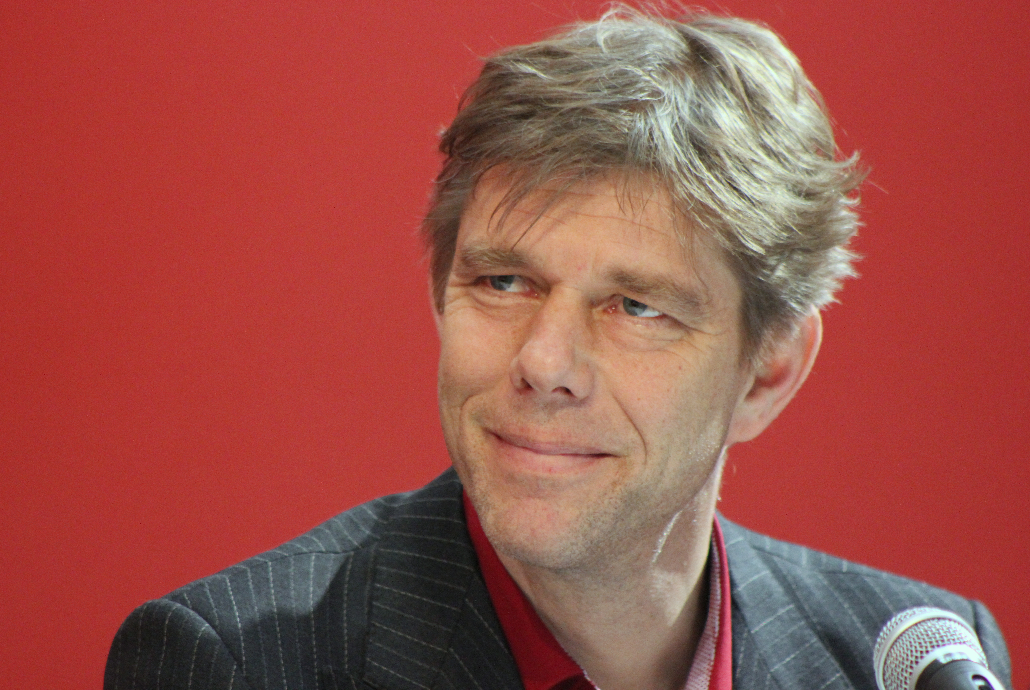
Public lecture by Philipp Ther (University of Vienna)
The Year 1989 and the Global Hegemony of Neoliberalism
15 February, 3.30-5PM, Utrecht University, Drift 25, room 102.
Philipp Ther (1967) is one of the most prominent historians of contemporary Europe. He received his PhD from the Freie Universität Berlin, and held positions at the Center for European Studies (Harvard), the Europa-Universität Viadrina in Frankfurt (Oder) and the European University Institute (Florence). Since 2011, he is university professor at the Institute for Eastern-European History of the University of Vienna.
Among his publications are Deutsche und polnische Vertriebene: Gesellschaft und Vertriebenenpolitik in der SBZ/DDR und in Polen 1945–1956 (Göttingen 1998) and Die dunkle Seite der Nationalstaaten. „Ethnische Säuberungen“ im modernen Europa (Bonn 2013; English translation 2014). His Die neue Ordnung auf dem alten Kontinent (Berlin 2014) received the 2015 Leipzig Book Fair Prize; the English translation, Europe since 1989. A History (Princeton 2016), was very well received.
In his talk, Ther will discuss neoliberalism as an ideology based on an idealization of unrestrained, free markets, an irrational faith in the rationality of market agents, and a libertarian antipathy toward “big government”. On the practical side, neoliberalism prescribes a policy of austerity, privatization, liberalization and deregulation that was codified in the “Washington Consensus” in 1989. It was first implemented in the 1980s in Chile, Great Britain and the United States, and after 1989, gained a global hegemony and transformed Central and Eastern Europe. While neoliberal reforms focused initially on the privatization of state-owned companies and the downsizing of national governments, the second wave since the late 1990s was about the privatization of key state competences such as health care and pension systems, and the deregulation of international financial markets. This led to the global crisis of 2008/09, which hit Eastern Europe particularly hard. Finally, the paper proposes possible focuses of and approaches to historical research on neoliberalism, using it consciously as a neutral and not a normative term.
Free admission, no pre-registration, all are welcome!
Sponsored by:
– Market Makers. The History of Neoliberalism in the Netherlands (neoliberalisme.nl)
– Section for Political History, Utrecht University (uu.nl/en/research/political-history)
– National research school for political history (onderzoekschoolpolitiekegeschiedenis.nl)
Convener: Ido de Haan, professor of political history (Utrecht University)
